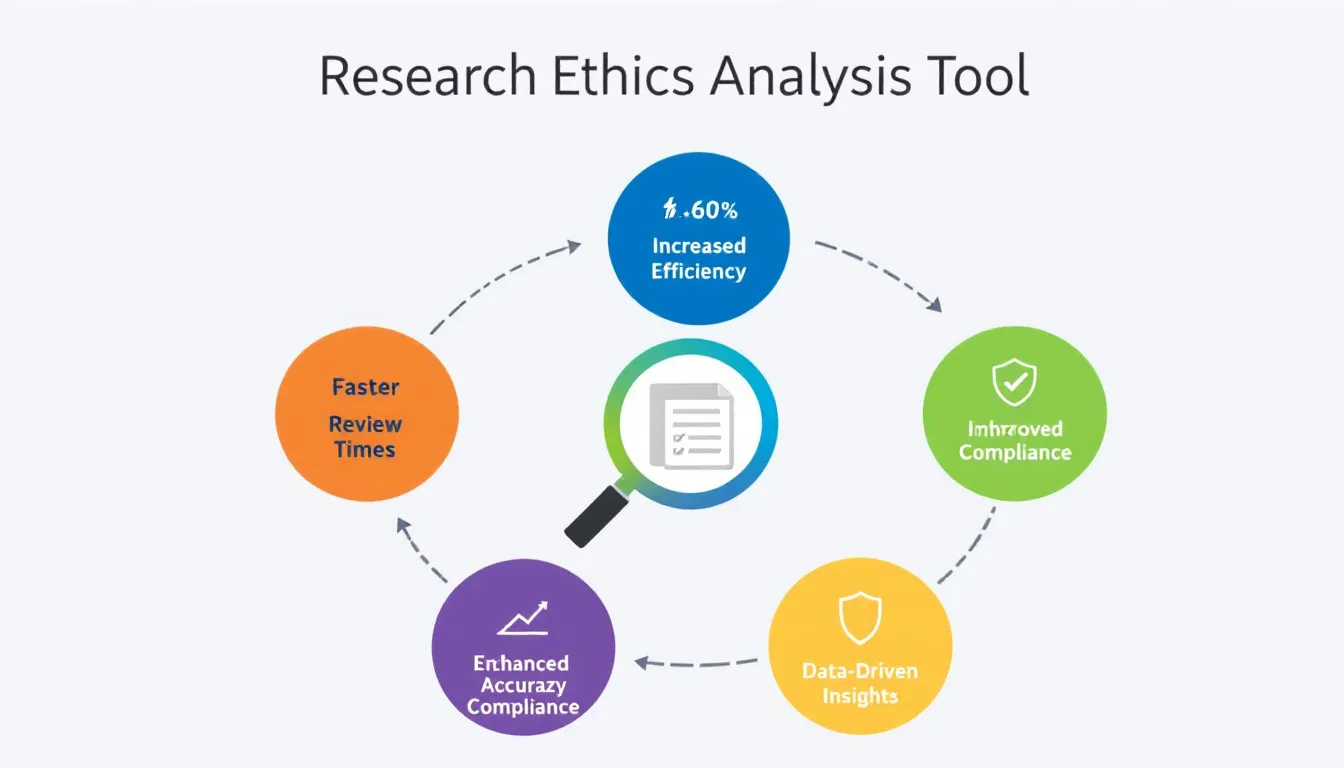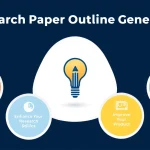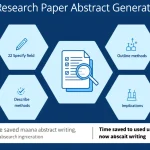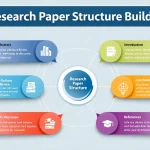Research Ethics Analysis
Is this tool helpful?
How to Use the Research Ethics Analysis Tool Effectively
The Research Ethics Analysis Tool helps you evaluate the ethical integrity of academic research papers quickly and thoroughly. To get the most accurate analysis, follow these steps when filling out the form:
-
Main Research Topic: Enter the primary subject of the research paper. For example:
- “Renewable energy adoption in developing countries”
- “Impact of online learning on adult education outcomes”
-
Research Paper Title: Provide the full title to help focus the ethical analysis. Examples include:
- “Assessing Barriers to Solar Energy Implementation in Rural Africa”
- “Evaluating Student Engagement and Retention in Virtual Classrooms”
-
Research Paper Abstract: Paste the abstract here. This gives the tool a concise summary of the paper’s goals, methods, and findings. For instance:
- “This study examines the socio-economic factors hindering solar energy use in rural regions and proposes policy interventions.”
- “We analyze patterns of student interaction in online courses and their correlation with course completion rates.”
-
Research Methods (Optional): Describe key research methods used if available. Examples:
- “Case study approach combined with structured interviews and statistical analysis.”
- “Experimental design involving control and treatment groups over a six-month period.”
-
Ethical Guidelines or Standards (Optional): List any ethical approvals or protocols followed. For example:
- “Institutional Review Board (IRB) approval and participant informed consent.”
- “Compliance with GDPR data privacy regulations and ethical reporting standards.”
- Analyze Research Ethics: After filling in the fields, click “Analyze Research Ethics” to generate a detailed ethical evaluation.
Once processed, the tool delivers a clear report highlighting any ethical concerns and recommendations to improve compliance with research ethics standards. You can review, save, or use the results to guide your research process.
Introduction to the Research Ethics Analysis Tool: Definition, Purpose, and Benefits
What Is the Research Ethics Analysis Tool?
This tool is an online ethical assessment platform designed to assist researchers, academic committees, and students in reviewing research papers against established ethical standards. It evaluates key elements of a study to identify potential ethical issues and suggests solutions to maintain academic integrity.
Purpose of the Tool
The tool aims to:
- Spot Ethical Risks: Detect areas in research that could raise ethical concerns.
- Standardize Reviews: Apply consistent criteria for ethical evaluation across disciplines.
- Improve Compliance: Help researchers align their work with ethical guidelines relevant to their field.
- Support Ethical Education: Provide explanations to promote better understanding of research ethics.
- Enhance Research Quality: Encourage transparency and integrity early in the research process.
Key Benefits of Using This Tool
- Save Time: Fast, automated ethical assessments replace labor-intensive manual reviews.
- Consistent and Objective: Avoid subjective bias by evaluating research papers against uniform ethical standards.
- Catch Hidden Issues: Identify subtle concerns like conflicts of interest or participant privacy risks.
- Clear Recommendations: Receive actionable advice tailored to your research context.
- Document Ethical Compliance: Generate detailed reports useful for Institutional Review Boards (IRBs) and grant applications.
- Stay Updated: Access evaluations based on current ethical guidelines and best practices.
Practical Usage of the Research Ethics Analysis Tool
This tool works through a secure online form where you submit key details of your research paper. After processing, it provides a comprehensive ethical analysis tailored to your input. Here are some common practical applications:
1. Pre-Submission Ethical Review
Before submitting a manuscript to a journal, use the tool to verify that your study meets ethical standards. It helps catch issues such as missing consent processes or incomplete data privacy safeguards.
2. Graduate Thesis Preparation
Graduate students preparing theses can ensure their research methods and ethics comply with institutional requirements, minimizing delays during the approval process.
3. Grant Application Ethics Compliance
Grant applicants can include the tool’s ethical analysis as part of their proposal, demonstrating careful consideration of research ethics to funding bodies.
4. Institutional Review Board (IRB) Support
Researchers can streamline their IRB submissions by using the tool to identify and address ethical weaknesses beforehand, helping speed up the review.
5. Educational Resource for Ethics Training
Students and early-career researchers can learn to spot ethical issues and understand best practices through the feedback and recommendations provided by the tool.
6. Interdisciplinary and Complex Research Review
The tool accommodates varied research topics and methodologies, providing a more thorough ethical assessment for multi-disciplinary studies where manual review might miss nuances.
Summary
This Research Ethics Analysis Tool helps you assess academic papers for ethical compliance, supporting research integrity and protecting participants. By using this tool, you ensure adherence to ethical standards, improve research transparency, and contribute to credible and responsible scholarship.
Important Disclaimer
The calculations, results, and content provided by our tools are not guaranteed to be accurate, complete, or reliable. Users are responsible for verifying and interpreting the results. Our content and tools may contain errors, biases, or inconsistencies. Do not enter personal data, sensitive information, or personally identifiable information in our web forms or tools. Such data entry violates our terms of service and may result in unauthorized disclosure to third parties. We reserve the right to save inputs and outputs from our tools for the purposes of error debugging, bias identification, and performance improvement. External companies providing AI models used in our tools may also save and process data in accordance with their own policies. By using our tools, you consent to this data collection and processing. We reserve the right to limit the usage of our tools based on current usability factors.







